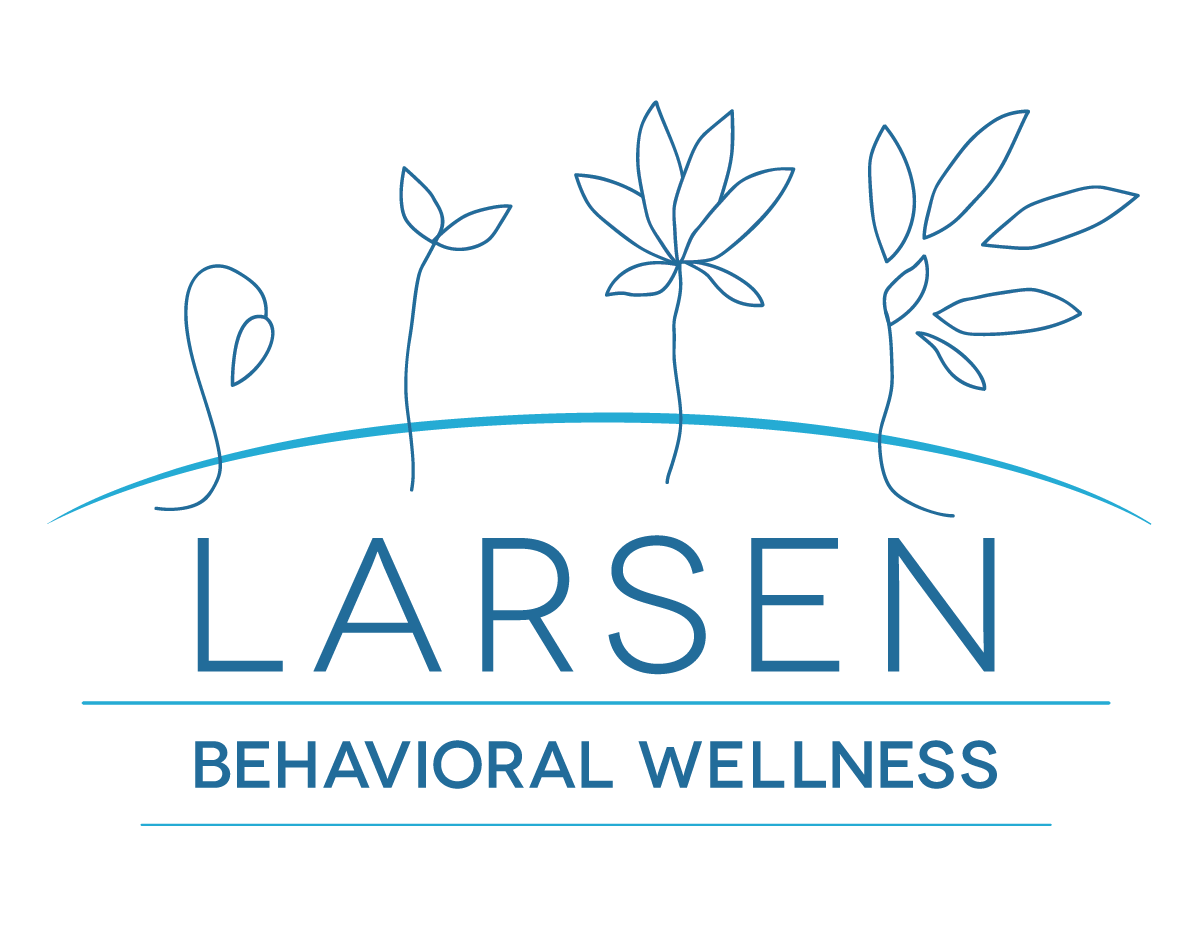Why Past Therapy for Your OCD May Not Have Worked Like You'd Hoped
OCD can be disruptive to your daily life, especially when you feel you have no control in the matter. It can be even more discouraging if past treatments didn't leave you with the results you hoped for.
If you’ve ever gone to therapy for your obsessive-compulsive disorder and come away feeling unmoved, you’re not alone. There are several reasons therapy might not have worked for you.
Why Past Therapy for Your OCD May Not Have Worked
One of the more common therapies for OCD in recent years is called Exposure and Response Prevention, or ERP. It's a common and effective treatment for OCD.
If you’ve undergone this therapy or another without results in the past, here are some reasons it might not have worked:
You didn’t have ERP
Many therapists advertise that they treat OCD. However, many therapists are only trained to provide treatment that is generally supportive in nature and involves talking about. Supportive therapy, while appropriate for some conditions, is not appropriate for OCD. To work effectively, treatment for OCD must both be supportive AND address the obsessions and compulsions that are characteristic of the disorder. Therapy must involve exposure work, that is directly confronting the worrisome thoughts and situations without engaging your compulsions. If you’ve gone to therapy for your OCD and have never done Exposure, unfortunately, your therapy likely didn’t help your OCD. It may have felt supportive in the moment, but it likely didn’t do much to address your OCD.
Time is a Factor
If you’re pursuing treatment for OCD, you need to understand that treatment takes time. Perhaps in the past you expected to see results sooner, and when you didn't, you thought treatment may not have worked.
There are of course other ways to address OCD, but ERP is shown to be effective. Keep in mind, it takes work. It takes time. But it’s worth it.
Past ERP “Failed”
It’s common for therapists to hear a number of reasons that past ERP therapy lacked the results. Here are some things to consider if you feel ERP has failed you as a treatment before:
Not enough exposure: This is when someone undergoes ERP but only once or twice. It is akin to not taking your antibiotics through to completion. Exposure works because it involves the process of habituation. Habituation is when your brain learns that the seemingly upsetting thoughts (i.e.”germs will get me”) are not in themselves harmful and that one can notice the thought without engaging in the compulsion (i.e. washing). After several repetitions your body and brain learn to stay calm even when the upsetting thought comes into your mind. It’s not enough to have the exposure once or twice. You need to go over many exposures in order for the therapy to work.
CBT vs. ERP: Someone who is trained in general CBT techniques may not give you the same results as someone who is specially trained in ERP. It’s important to find a provider who understands your condition and the treatment in order to see results.
Not treating the main obsession: Oftentime OCD comes in sets of many obsessions. You may have several obsessions that bother you (i.e. worry about germs, check many times before going to sleep, and avoid churches). It’s likely that one of these obsessions stands out in terms of how much it is impacting your life. In therapy, you must address the upsetting obsessions. Many therapists mistakenly only address the less upsetting obsessions because it can seem overwhelming to clients to address the bigger ones. However, this approach is wrong and often leads to frustration and treatment failure.
Treatment-Resistant OCD
Another possibility is that your OCD might be treatment-resistant. Treatment-resistant OCD means standard treatments aren’t affecting compulsions or intrusive thoughts. If you think you might have treatment-resistant OCD, consider:
Exploring Medication Options: There are several FDA-approved medications on the market. Depending on several factors like genetics, body chemistry, other medications you’re taking, missed doses, and drug and alcohol use, these prescriptions may or may not work. You might need to be open to trying medication to find what works for you.
Alternative therapy options: It’s possible that your OCD is impacted by other mental health issues going on in your life. If you also have co-occurring depression or trauma, it can be difficult to do the exposure work necessary to overcome your OCD. For these situations, it may make more sense to work in therapy to stabilize your other issues before starting exposure work.
Getting the Help You Need
You are not alone in your experience with obsessive-compulsive disorder. There are treatment options out there for you, whether you've tried them before or not, and with some patience and self-compassion, you can find what works for you. Here are some ideas to find the help you need:
Support Groups: Sometimes knowing you’re not the only one going through this helps significantly. Support groups are a great way to find encouragement outside your close friends and family. They’re also a fantastic place to take friends or family members who you want to support you, but don’t fully understand your experience.
Talk with a Therapist: The support of a specially trained therapist can be a monumental tool for gaining control of your OCD symptoms. If you’re seeing a therapist currently and feel it isn’t working, don't feel guilty. Therapists are here to help you, and it's important you find one who is a good fit for you.
Our team is experienced with ERP therapy and treatment for OCD. Reach out today to learn how we can help.

